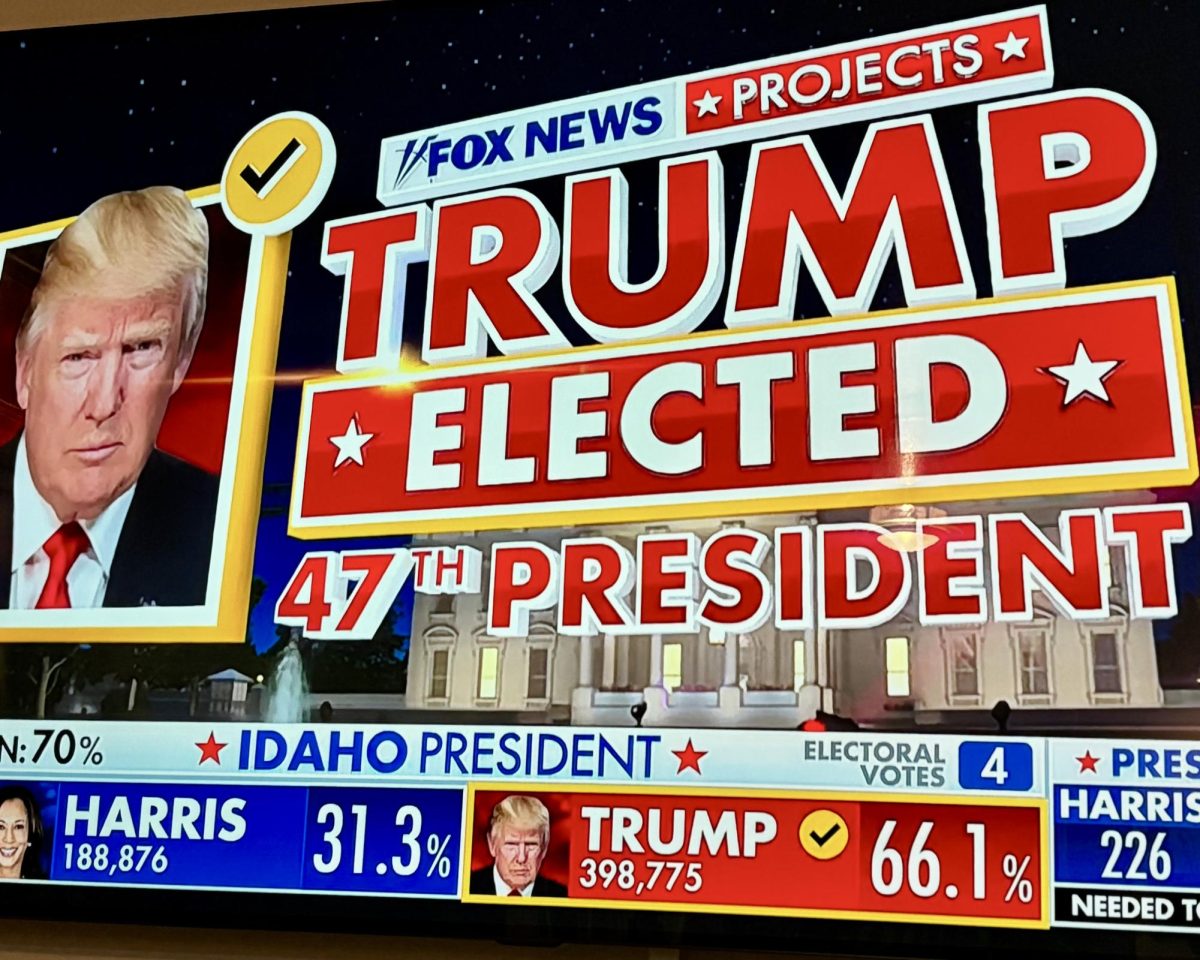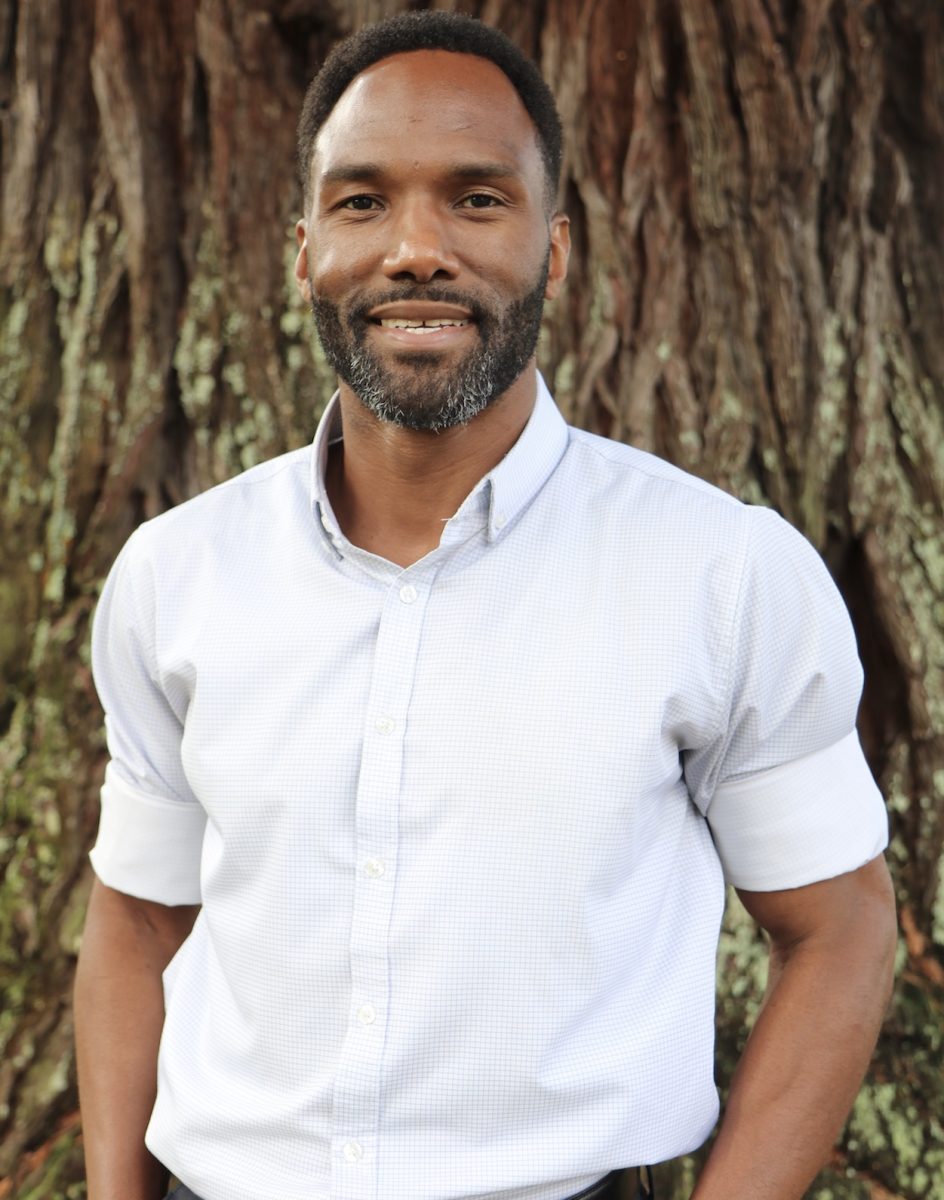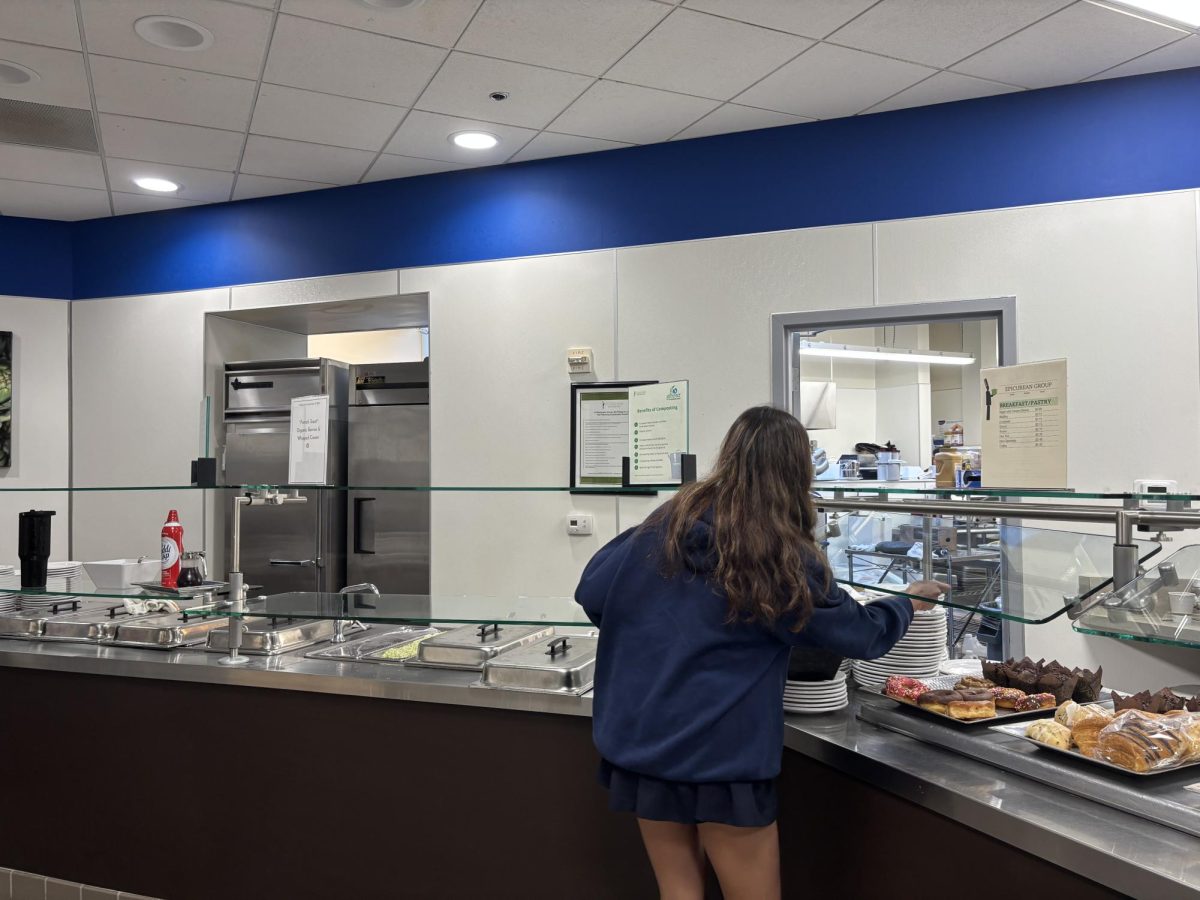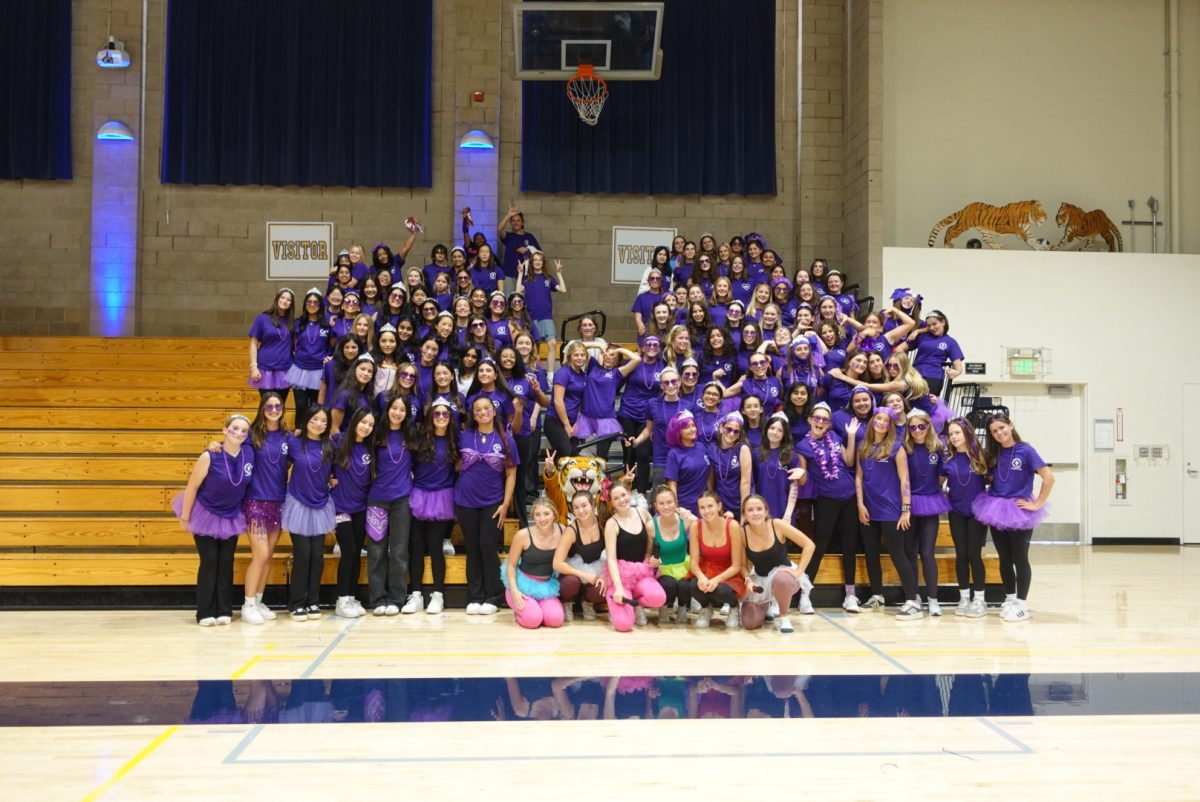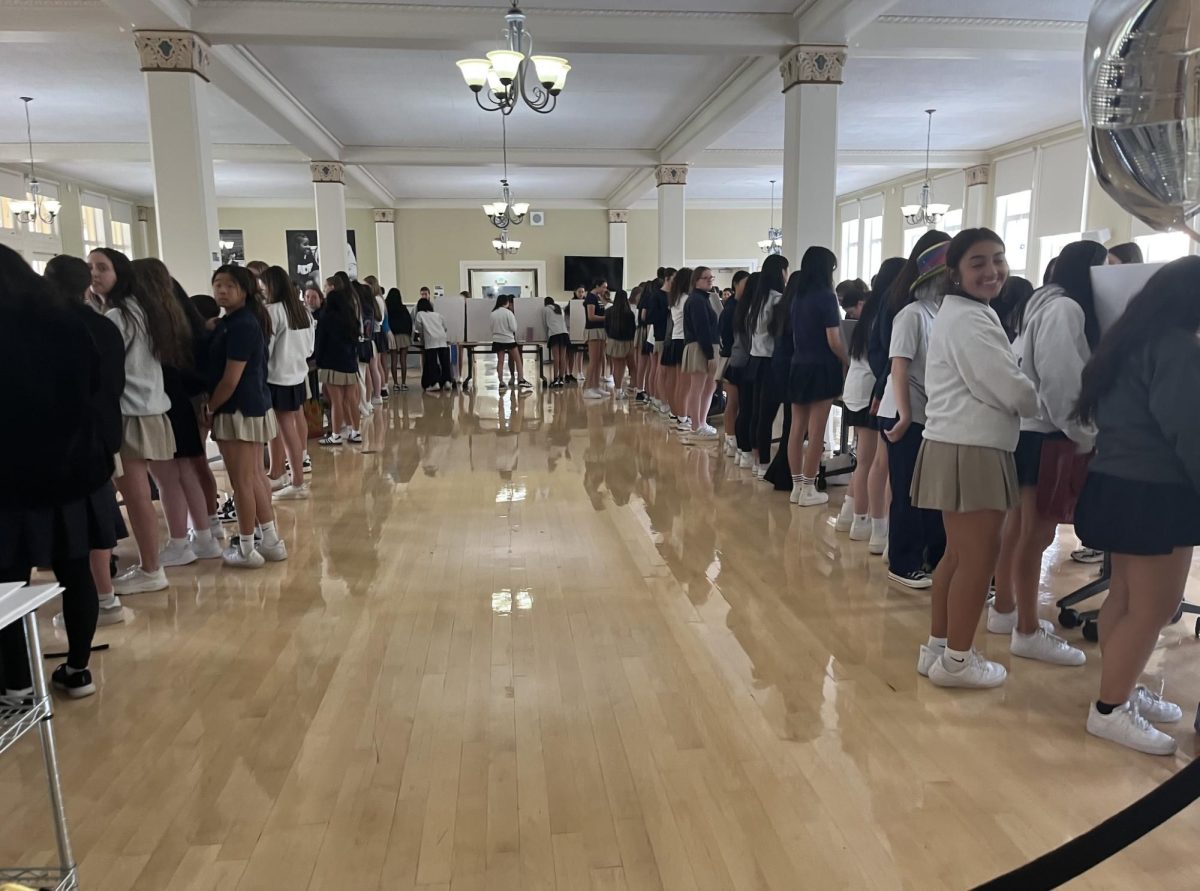Election Day is a highly anticipated event for Americans and eligible voters across the United States. Citizens express eagerness to ascertain the success of their selected candidates and to determine which political party will assume control of the Senate and the House of Representatives.
This year, Election Day occurred on November 5th, during which former President Donald Trump was proclaimed the 47th President of the United States. James David Vance, commonly referred to as JD Vance, was announced as the next Vice President after successfully securing 277 electoral votes on the night of the election, surpassing Vice President Kamala Harris and Tim Walz.
While the outcomes for the House of Representatives remain uncertain, initial reports suggest that Republicans are leading, after having already secured 53 seats in the Senate.
Throughout his campaign, President Donald Trump articulated a vision for the country centered around the slogan “Make America Great Again.” This vision included proposals for implementing stricter border control measures, conducting significant deportations of individuals residing in the country illegally, and reducing both income tax rates and taxes on tips.
Additionally, President Donald Trump expressed support for revising legal protections for LGBTQ individuals and sought Congressional action to establish a framework in which only two genders would be officially recognized at birth.
While all elections hold significant importance, this particular election was especially critical. The contrasting perspectives of Kamala Harris and Donald Trump on issues such as women’s rights, immigration, and foreign policy indicated that the elected candidate would shape markedly different visions for America during their term. Consequently, it was essential for voters to be well-informed about the candidates and their proposed plans for office.
Senior Adrienne Maass, who was voting for the first time, described how she educated herself differently.
“I watched the debates, read a lot of articles, and I just wanted to have a lot of information on both candidates before I made a decision”.
The impact of social media on the recent election has been significant, fundamentally altering how individuals access information. Karen Fry, an AP government teacher, notes that in comparison to the 2020 election, there has been a noticeable shift in preferences toward sources that emphasize conflict between candidates rather than focusing on policy discussions.
Fry is also worried about social media’s influence on this election, as it can spread misinformation and provide a space for foreign nations to conduct election interference.
“I am worried about election interference, and we obviously saw that a huge amount, by the number of bots that were on social media, that were there before the election, and then the number of bots that went away right after the election,” describes Fry.
Fry emphasizes the effects of misinformation on voters through social media and, correspsinidly, the effect it has on the outcome of the election.
“The disinformation helps to get the idea the ideologue elected versus policies,” said Fry.
Despite the challenges posed by social media, the character demonstrated by Donald Trump and Kamala Harris played a role in influencing the electorate’s decision-making process. Their respective presentations to the American public and the manner in which they addressed their opponents were crucial aspects of their campaigns.
While opinions about the election results vary, one thing is certain: the world is watching Donald Trump and JD Vance and waiting to see the changes they make while in office.

